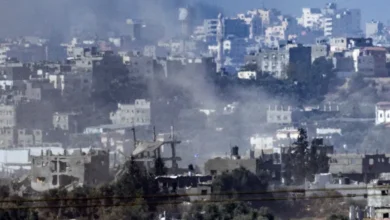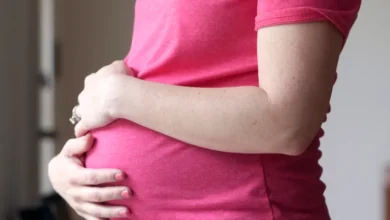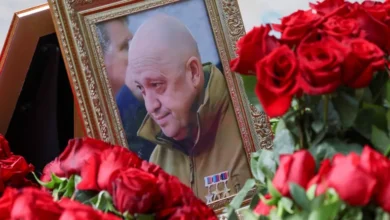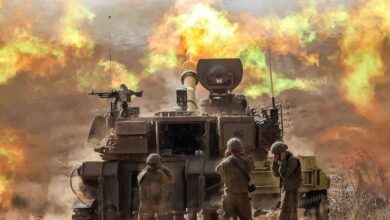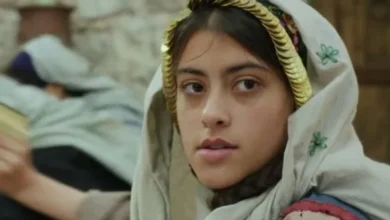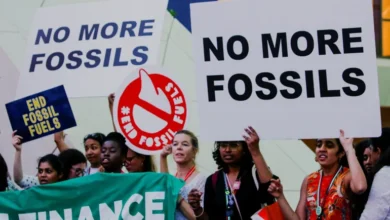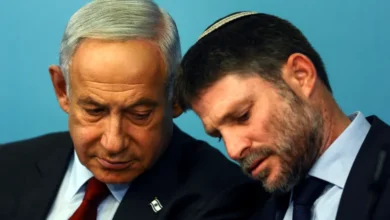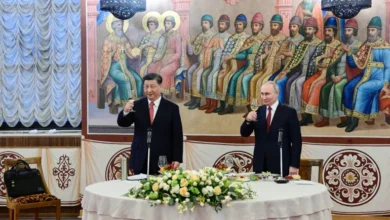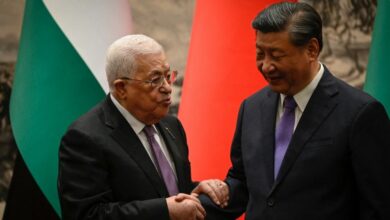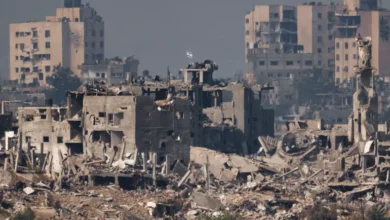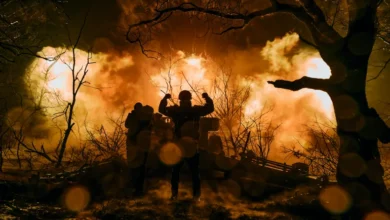South Africa’s genocide case against Israel: How will the ICJ decide?
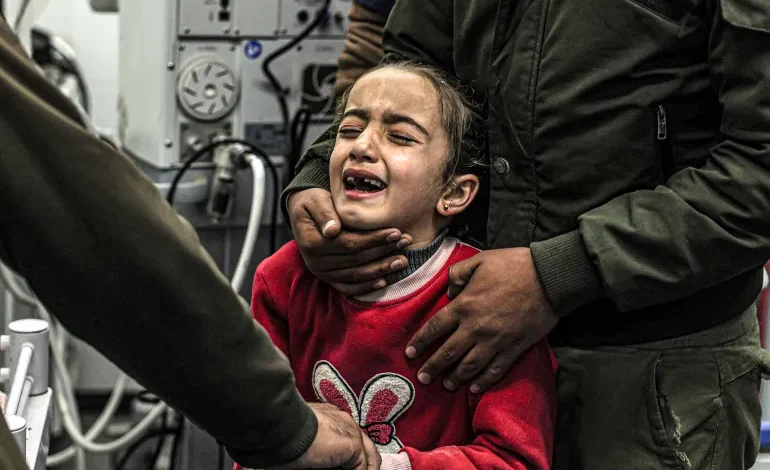
Two days of public hearings in South Africa’s genocide case against Israel will start at the International Court of Justice (ICJ) on Thursday, as pro-Palestine campaigners hope the World Court might halt Israel’s devastating military campaign in Gaza.
The case, filed by South Africa, sets a precedent as the first at the ICJ relating to the siege on the Gaza Strip, where more than 23,000 people have been killed since October 7, nearly 10,000 of them children.
In its application submitted on December 29, Pretoria accuses Israel of committing genocide in contravention of the 1948 UN Genocide Convention, which both South Africa and Israel are party to. Countries party to the treaty have the collective right to prevent and stop the crime.
The killing of civilians in large numbers, especially children; the expulsion and displacement of Palestinians en masse and the destruction of their homes; the inciting statements by several Israel officials portraying Palestinians as sub-humans to be collectively punished, all constitute genocide and show proof of intent, South Africa alleges.
The suit also lists the blockade on food and the destruction of essential health services for pregnant women and babies as measures by Tel Aviv “intended to bring about their [Palestinians] destruction as a group”.
More than 85 percent of Gaza’s 2.3 million people have been displaced since October 7, with aid agencies warning of famine risk amid mounting hunger. The 365sq km (141sq miles) enclave has already been under an Israeli blockade since 2007.
Israel denies these allegations and has promised to defend itself. A separate case is continuing at the International Criminal Court, a different body. Where the ICC tries individuals in criminal cases, the ICJ focuses on legal disputes between states.
Here’s what to expect from the ICJ:
What are the key dates in the case?
The first part of the case against Israel will begin on January 11, 2024, focusing on a special emergency request by South Africa asking the ICJ to urgently order the Israeli military out of Gaza and for Israel to stop the indiscriminate bombing of civilians.
That is not unusual. Under ICJ rules, countries can request that interim measures be put in place before the case proper starts if one party believes that the violations that formed the basis of its application are still continuing, as is the case in Gaza.
If approved, the ICJ could issue an order in weeks. In the case of Ukraine v Russia, the ICJ responded to Kyiv’s requests for an emergency order against Moscow’s invasion in less than three weeks. The court, on March 16, 2022, ordered Russia to “immediately suspend the military operations”.
But it could be tricky for the court in this case, says Professor Michael Becker of Trinity College of Dublin, referring to the peculiarities of the South African case.
“The Ukraine case is different because the two parties were also the two involved in the conflict. Hamas is not a party in the suit and the ICJ might be reluctant to say Israel should cease its actions, when it can’t ask Hamas to do the same,” he said, adding that the court might ask Tel Aviv to instead show a lot more restraint.
A full judgement from the court, determining whether Israel has committed genocide in Gaza, will likely take years to emerge. A 2019 case that The Gambia brought against Myanmar for its military crackdown on Rohingya refugees is still in trial, for example, more than four years after it began.
How does the ICJ decide cases?
The ICJ is composed of 15 judges appointed for nine-year terms through separate, simultaneous elections at the United Nations General Assembly (UNGA) and the UN Security Council.
Any country can propose candidates but no two judges must come from one country. At the moment, the bench includes judges from all parts of the world including France, Slovakia, Somalia and India.
To appoint a president and vice president, the judges hold a secret ballot. President Joan E Donoghue of the United States leads the ICJ presently alongside Vice President Kirill Gevorgian of Russia. Both of their terms expire in February.
ICJ judges ought to be impartial and not act as extensions of their countries. In the past though, judges have voted in line with their countries’ politics. In 2022, when the bench voted in favour of the decision to order Russia out of Ukraine, judges from Russia and China were the only two who voted against the decision.
Still, that’s the exception, said Becker, also a former ICJ staffer. “I would reject the idea that states have influence on decisions. ICJ judges are independent actors,” he said.
Israel and South Africa can appoint one “ad hoc” judge each to join the bench since neither is represented. Aharon Barak, a former Supreme Court chief justice and Holocaust survivor, is Israel’s choice. Barak was accused of “legitimising” Israeli occupation of Palestine during his stint at the top court. South Africa has appointed Dikgang Moseneke, a former deputy chief justice.
At the preliminaries this week, the ICJ will determine if it has jurisdiction in the case at all. Typically, jurisdiction is established when the states involved affirm that they recognise the court’s power, or if the countries are party to a treaty. South Africa and Israel are parties to the Genocide Convention, drawn up in 1948 after the Holocaust, and thus, subject to the ICJ’s interpretations of it.
It should be straightforward, but it is too early to say if Israel will dispute the ICJ’s jurisdiction in this case, just like Russia has done in its case with Ukraine – despite Moscow being a party to the Genocide Convention. Losing parties tend to pull that argument as a last resort, Becker said.
How will South Africa and Israel be represented in court?
Countries appoint teams of “Special Agents” which usually include top legal counsel or reputed law professors. Israel has selected British lawyer Malcolm Shaw to be on its team. John Dugard, an international law professor, will lead South Africa’s team.
At the hearing for an emergency order from January 11, the two teams will present their arguments to the full bench. All 17 judges will sit at the head of the Great Hall of Justice in the ICJ to hear the arguments on both sides. Any questions posed to the agents don’t have to be answered on the spot, as in a regular court trial, and can be submitted in writing at a later date. There won’t be witnesses, as in a regular case, either.
While the provisional hearing will be over in a matter of weeks, the main case, which will determine whether Israel is indeed guilty of committing genocide as South Africa claims, will take time. The Hague-based court will give both parties time to build and submit more detailed arguments. Multiple hearings will follow. After that, the judges will take a vote, and then a final decision will be announced.

